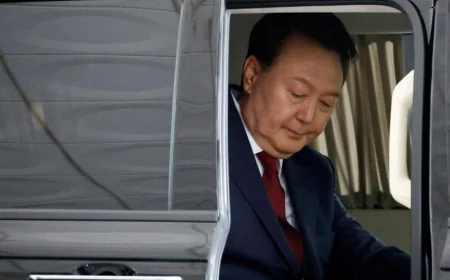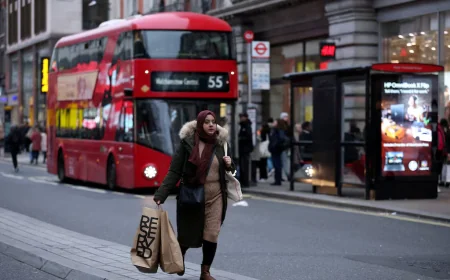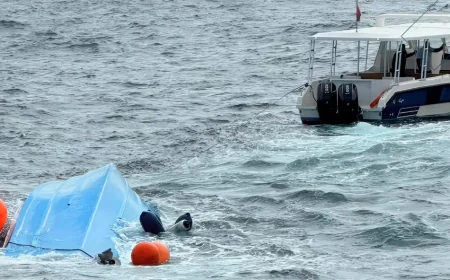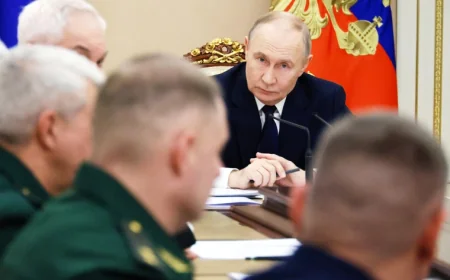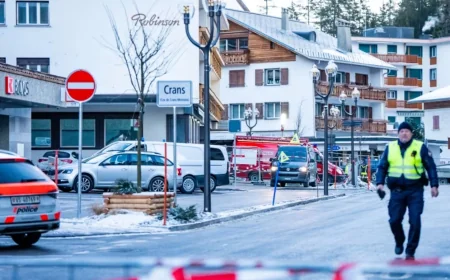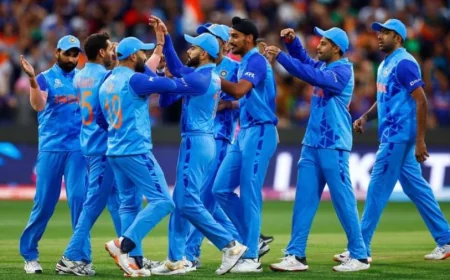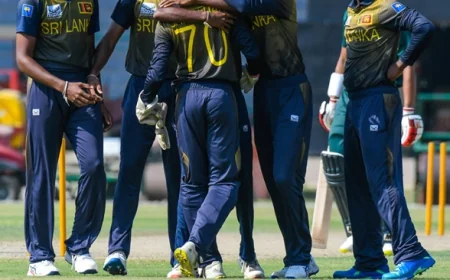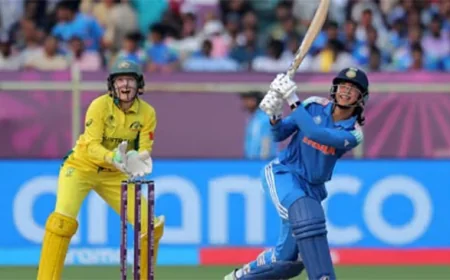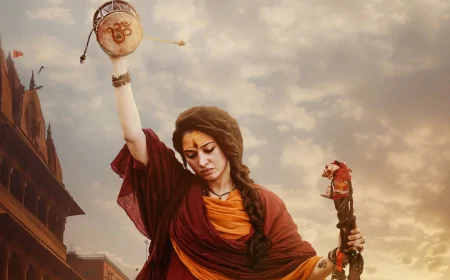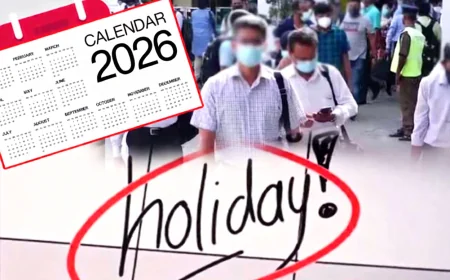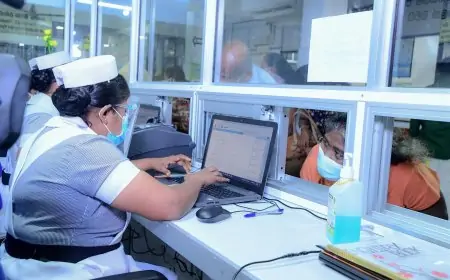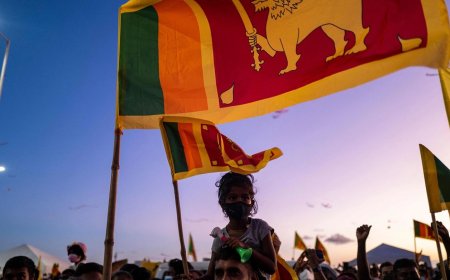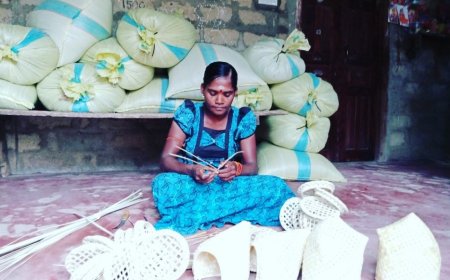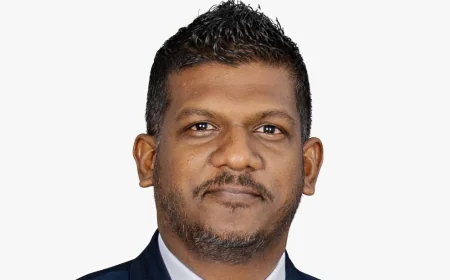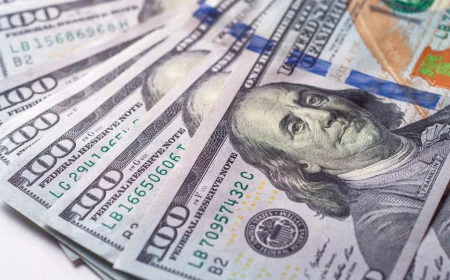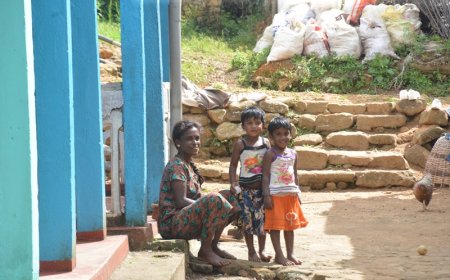Sri Lanka's Greatest Economic Crisis Since Independence: In-depth Interview with Prof. Sri Hettige on the Origins and Solutions
Sri Lanka is currently experiencing its greatest economic crisis since gaining independence in 1948. Its origins go back a long way, as corruption, impunity, incompetence, and patronage politics have tarnished Sri Lanka's political climate and economy for many years.
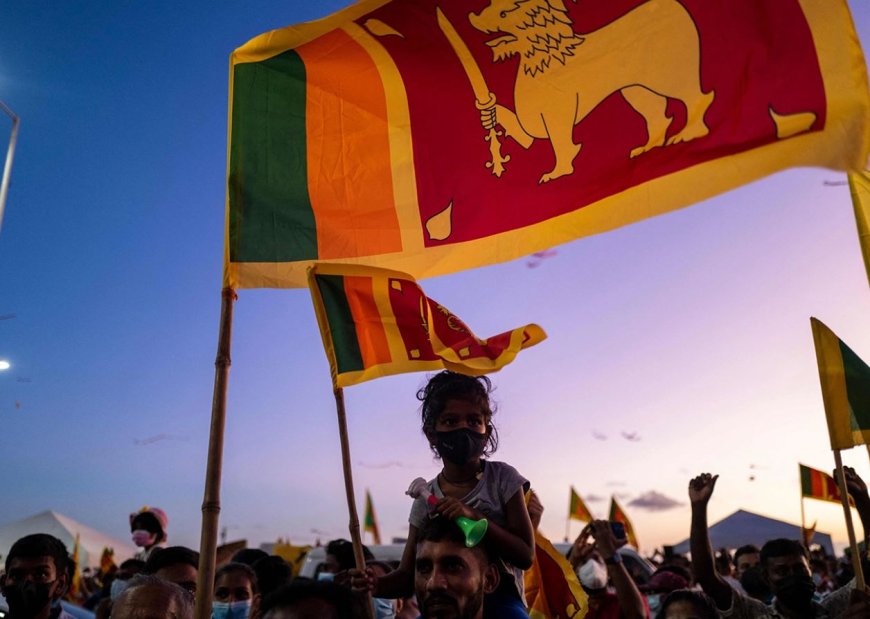
Sri Lanka is currently experiencing its greatest economic crisis since gaining independence in 1948. Its origins go back a long way, as corruption, impunity, incompetence, and patronage politics have tarnished Sri Lanka's political climate and economy for many years. Numerous institutions and individuals have discussed this and offered a wide range of recommendations. But maintaining the conversation about this situation and coming up with answers is crucial. As part of this progression, I spoke with Prof. Sri Hettige, an Emirati professor of sociology, whose viewpoint on this problem and suggested solutions are described in detail in this conversation.
Interviewer: A M M Ziyad a PHD candidate from the University of Colombo
Can you simply describe how the current problem came to be and what the main contributing factors are?
There are numerous explanations for the so-called crisis, and there is no single factor that can be used to explain the current problem. Yet, we must concentrate on the key causes of this nation's descent into disaster. The country is experiencing an economic crisis, which means that the economy's foundation is weak and its economic system has numerous faults. For instance, every crisis occurred when the nation ran out of dollars because it had both used up all of its reserves and increased its reliance on credit from a variety of sources, forcing it to pay for consumer goods to make up for the shortfall in dollars. How did you exhaust your cash? You must consider the structural aspects there. For instance, you may see right away that there is a trade imbalance, where you import more goods and export less, resulting in the necessary foreign income.
For a very long time, there has been a gap, and it has been growing. To accept the chasm as a result of the government's continued borrowing, which you were ultimately unable to repay, you accrued debt. As this is the most obvious explanation, the fundamental fact is that they ran out of dollars, and this is how the trade difference is being expressed.
The economic system's design, which led to the trade imbalance, is what caused this. What is the economic structure? Each economy has three levels: the primary sector, which produces primary goods like textiles and minerals; the secondary sector, which produces industrial goods, mostly primary industrial goods; and the tertiary level, which includes service sectors. A gap will exist if the primary level is weak. For instance, you must import food if you are unable to produce it yourself. Another illustration: In the early 1990s, we had textiles, but by the late 1990s, we had none, so we had to import textiles for the apparel sector. Although it was a large business, it lost a lot of its ability to add value because it had to import textiles and machinery, forcing people to spend a large portion of their income. You have had to import an increasing amount of goods from abroad to make up for the primary sector's weakness.
The primary industries were then present in the secondary sector, along with businesses from every sector: textile, chemical, cement, as well as other sectors like sugar, milk, milk processing, and so on. Later, as the manufacturing sector declined, we were forced to import other industrial sectors as well, including cement, clothing, and others, further weakening the economy as a result of the increased need for imports. In the past, we transported agricultural products by rail, and the railway department itself provided train fuel. Buses and other items from the transportation industry were also imported. Later, during the past few years, we have grown more and more reliant on imports. We need to earn foreign currency to pay for the consumer items, machines, and raw materials we import. Hence, how can we generate foreign currency? through three industries: the clothing sector, the travel sector, and the tea sector. These three regions are the key ones where we generate foreign currency. We did not make enough money to pay for imports since the import cost was so large, and the government wanted to sustain institutions, fund higher education, and do other things. The government experienced a crisis. There were two interim measures. One is labor exports. Almost 2 million of our personnel were once employed abroad. They spent roughly 7.5 billion dollars on money delivered to Sri Lanka. It was Sri Lanka's top foreign revenue source overall. Even if this were the case, this is what happened in the garment industry: we had to make expensive clothes in order to pay the wages, just as farmers had to pay agricultural laborers more; to cover this, they had to raise the price of their goods; as a result, it became cheaper to import some items than to produce them. The cost of the food then continued to rise.
The dysfunctional government is another factor. The government became increasingly wasteful, reckless, and corrupt. No one operated well; poor management led to experts leaving the country; as a result, the state was increasingly ineffective and unproductive, weakening both the economy and the state. Hence, two factors combined to cause a severe catastrophe, which is how it was investigated in 2022.
Because of patron-client political cultures at the national and regional levels, exclusion also occurred at all levels. In essence, those who were incorporated into the political system as clients did so. At the local and governmental levels, exclusion was caused by patron-client networks or the politicisation of government operations. Those who were independent were also excluded, much like how political sympathisers were admitted and political opponents were excluded. Consider how political appointees run the majority of government institutions. Even as universities become more politicised, the chairmen or heads of institutions have political connections and serve politicians rather than the general public.
Who, from your perspective, are the crisis's key players?
Politicians and their political parties are the most powerful individuals, as I stated in my previous response.
Majoritarian politics resulted in exclusion, which meant that minorities were left out, despite the fact that the character of the state also played a role.
Institutional politicisation also played a role in the exclusion of people.
Do you believe that the crisis includes a component of exclusion?
Professionals and experts also emigrated from the nation since they didn't want to be left behind. This weakened the nation's system.
Exclusion and the patron-client political culture were related and contributed to the catastrophe.
Bureaucracy is another; separate institutions are under the control of different secretaries, and those ministries are politicised; as a result, the institutions suffered. All three tiers of government have an impact on national, regional, and local institutions, and these governments have an impact on those institutions.
Exclusion can occur in two ways: intentionally, as a result of political manipulation; or as a result of a former policy, such as one based on a linguistic barrier. Since we have separated all of the schools into Muslim, Sinhala, and Tamil schools, we are now segregated. A social barrier has been language. Consider the rural Sinhala population. Since they don't understand Tamil or English, they are shut out of other communities and are unable to obtain better employment. As a result, those who can speak three languages have a larger chance of success than those who can only speak two. The last segment of the population is typically monolingual, which causes exclusion from employment markets, conflict, and a number of other problems. So, previous governmental policies also played a role in the severe crisis.
What remedies do you have in mind to address the problem at hand?
The first step is to acknowledge what went wrong; yet, it is difficult to come to an agreement on this point. Political leaders now are not the same as those who presided during the independence era or those we had anticipated. These politicians entered politics with a bigger goal in mind—not so much to enrich themselves or their families, but rather because they realised that the state needed to solve a number of challenges, and that they needed to play a significant part in doing so. During that time, there was that sort of thinking, that kind of mindset, and that kind of unanimity, but today, most political parties aren't led by people with those kinds of broad goals. The topics we covered here are debated in some political circles and at the level of the informed citizen. In general, it will take time and effort to get the political parties and leaders back on course. Politicians are pathologically pragmatic, so it actually matters how they manage to think the way they want to, as you can tell by the language they use. In my opinion, political parties are conversing along the same lines that we did, for example, about where Sri Lanka went wrong, what basic mistakes we made, what types of political backstabbing truly exacerbated this problem, etc. Take the media, for example. It is extremely underdeveloped and is clearly drawing a line with the government that is in charge, and it is not fulfilling its job of empowering the populace.
Eventually, the nation's allies—political, intellectual, civil society, etc.—realized that they were not fulfilling the roles that were necessary for escaping the current predicament and embarking on a durable, socially just path to recovery. Individuals grew accustomed to privileges; for instance, Sri Lanka's texting system was extremely archaic, and the government lacked the funds to invest in things like education and transportation. We consequently always have a significant budget deficit that is funded by printing money, which significantly worsens the domestic debt problem, and so forth. Because they are typically also motivated by their own self-interest, the elite do not play a genuinely positive role in our country. The bulk of the allies are generally not on board when intelligent and accomplished individuals are discussing ethical solutions to handle this situation; instead, they essentially continue to seek their own selfish objectives of retaining their privileges and being a part of institutions. I believe that we are dealing with a political issue, making it very challenging to suggest a solution given the current situation. As I said before, that could be quickly determined and altered to reflect the movement. You can't expect the most oppressed people to lead the way because they are too busy figuring out how to get by on a day-to-day basis, including getting food and other necessities. This is true for individuals who are trying to survive in different sections of the country. The allies therefore bear enormous moral obligations, and we have observed rampant moral decadence and chronic corruption even at the highest levels. There are examples of moral degradation that hinder them from taking initiative, and I don't believe they are sufficiently challenged to engage in social duty.
